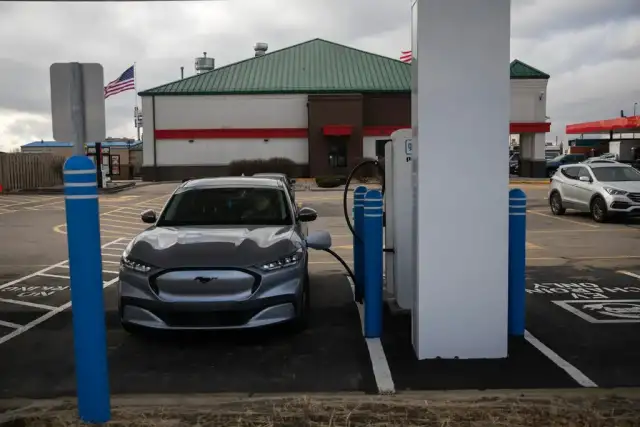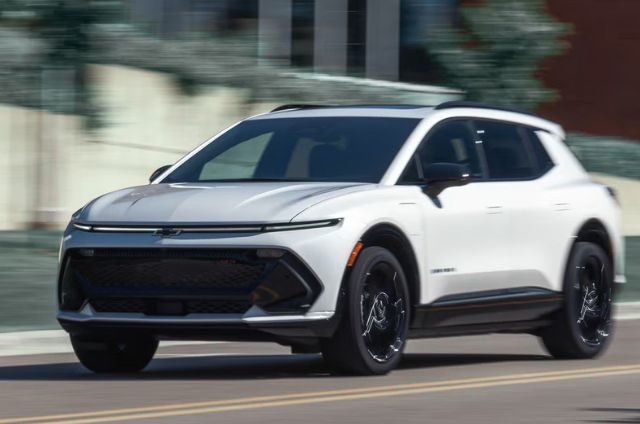As gas tax revenue declines, states are turning to higher registration fees for EVs to fund road maintenance. In some places, these fees now exceed what gas-powered vehicles pay in fuel taxes, sparking controversy. With 39 states already charging extra fees, and a potential federal EV tax on the horizon, many wonder if this is a fair solution—or a penalty for going electric.
Why Are States Charging EV Fees?
Gas taxes have long been the primary funding source for roads and bridges. Since EVs don’t use gas, they don’t contribute to these taxes, creating a revenue gap. To compensate, many states now charge flat annual EV fees, ranging from $50 in Hawaii to $200 in Texas.
Vermont recently doubled its EV registration fee to $178, making it twice as expensive as a gas car. Some lawmakers argue these fees ensure all drivers contribute to infrastructure costs. However, critics say flat fees unfairly burden low-mileage drivers and fail to account for vehicle weight, which impacts road wear.
A Federal EV Tax Could Be Next
With the Highway Trust Fund running low, some members of Congress are considering a nationwide EV fee. If passed, this could add another layer of costs for electric car owners on top of state-level fees. Environmental groups worry that high fees could slow EV adoption, undermining efforts to reduce emissions.
Is There a Better Way?
Many experts suggest a mileage-based tax instead of a flat fee, ensuring those who drive more pay more. Others argue for road use fees based on vehicle weight, since heavy trucks cause most road damage. Meanwhile, some states are exploring pay-per-mile pilot programs that track usage without GPS monitoring.
What This Means for EV Owners
If you own an EV, expect fees to increase in more states over the next few years. Whether these costs will match or surpass gas taxes depends on how lawmakers structure them.
Should EVs pay the same as gas cars, or is this just a hidden penalty for going electric?



